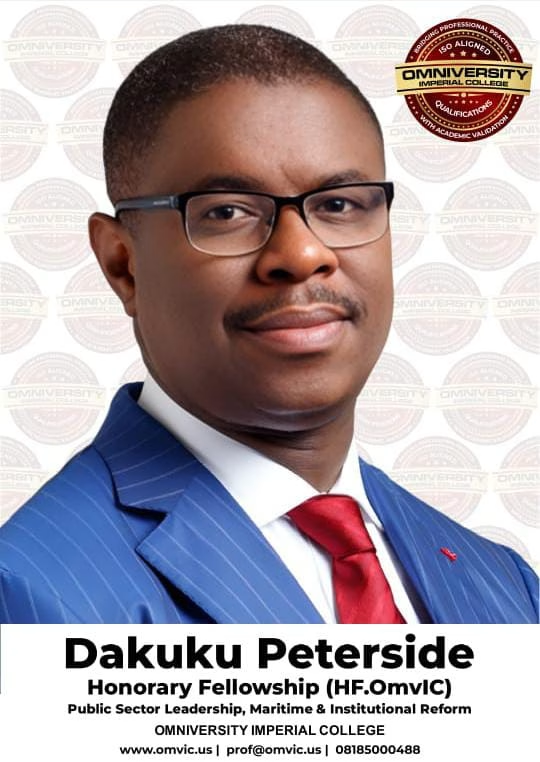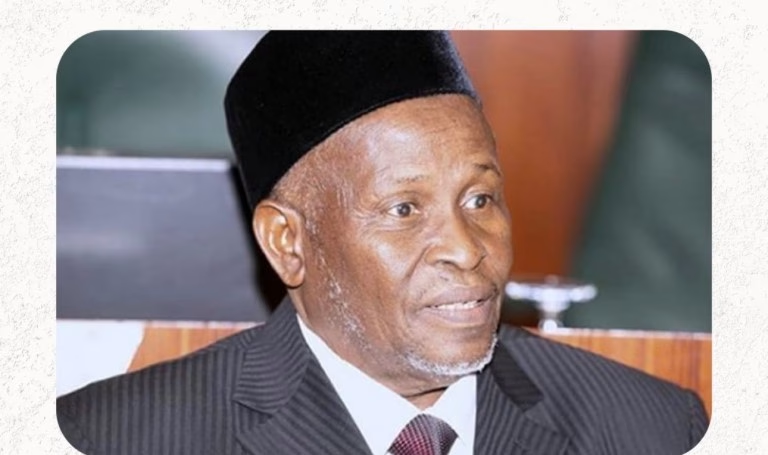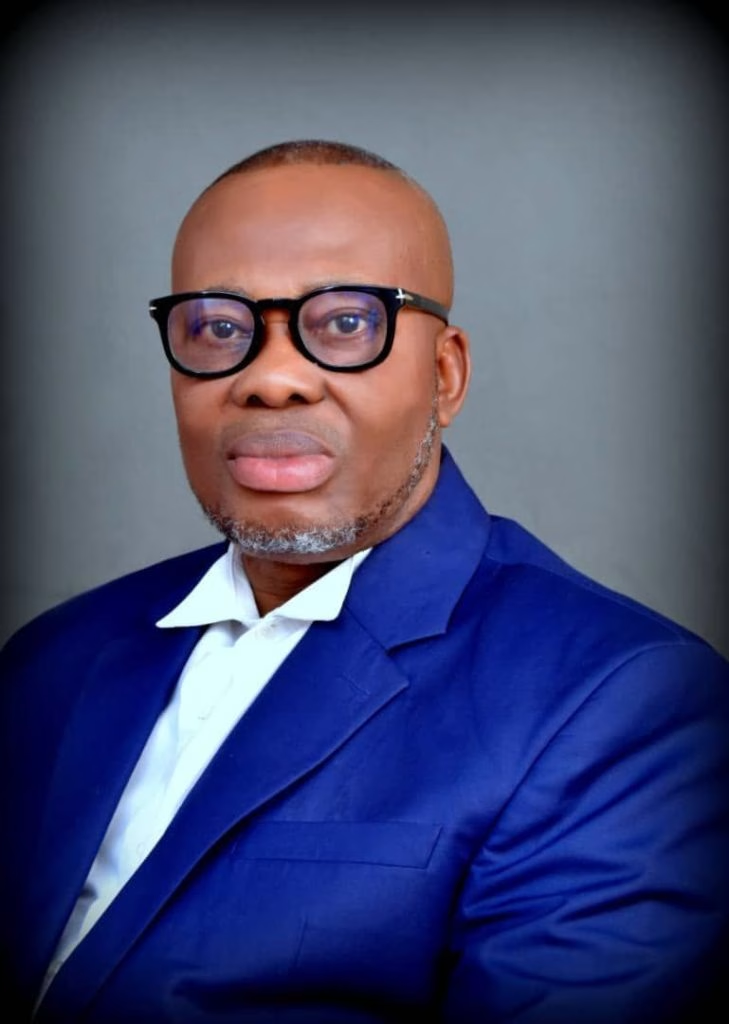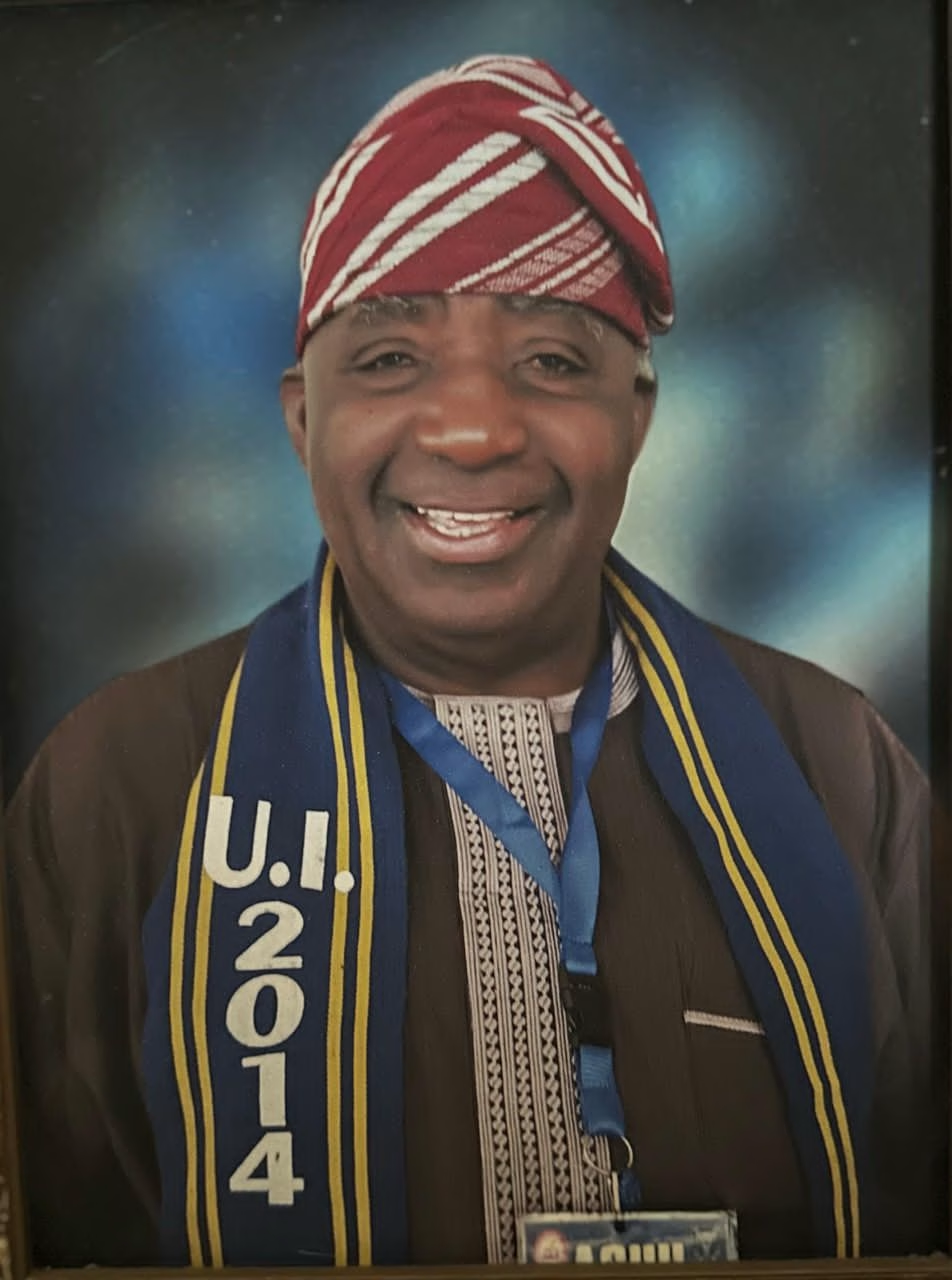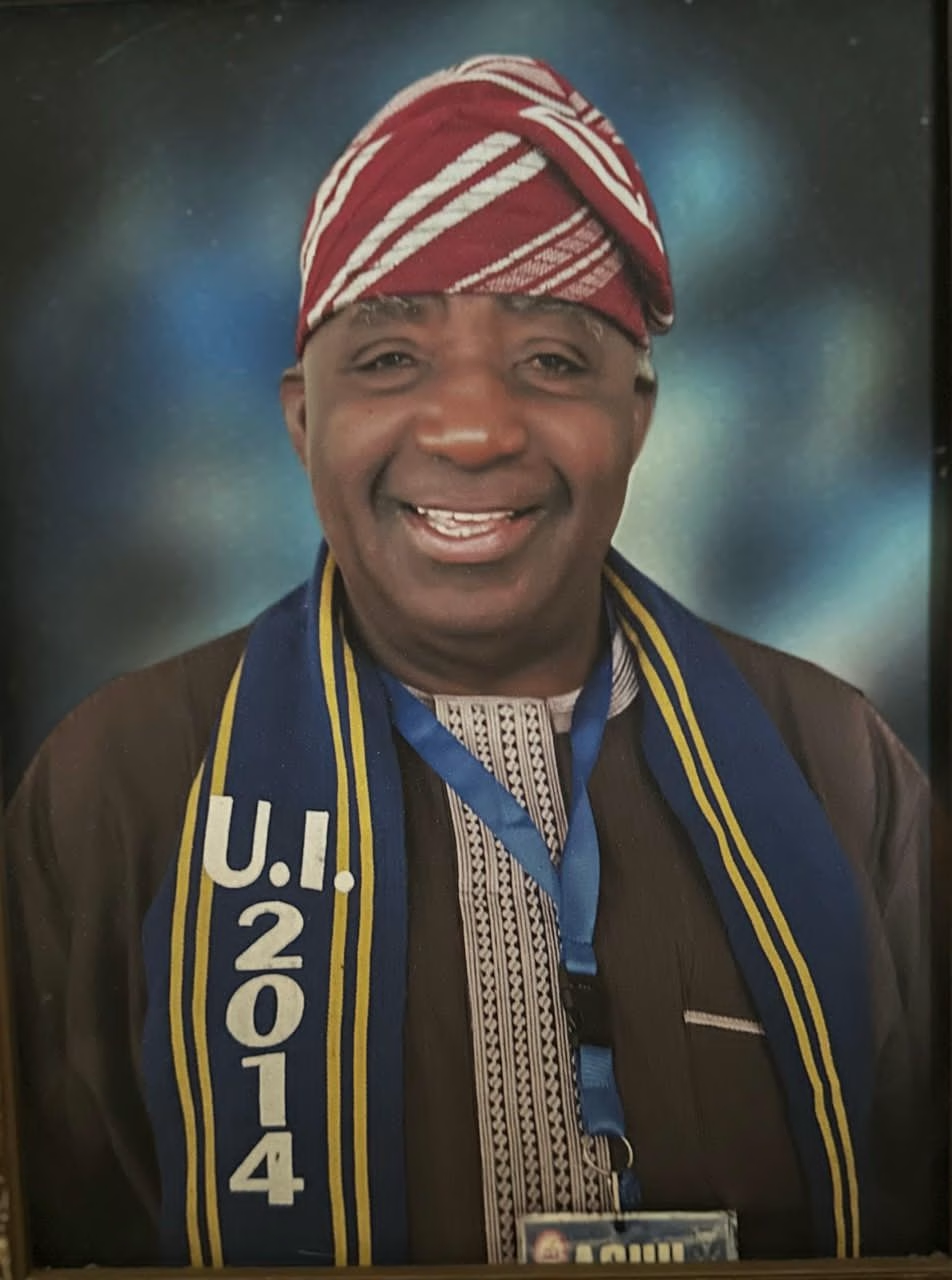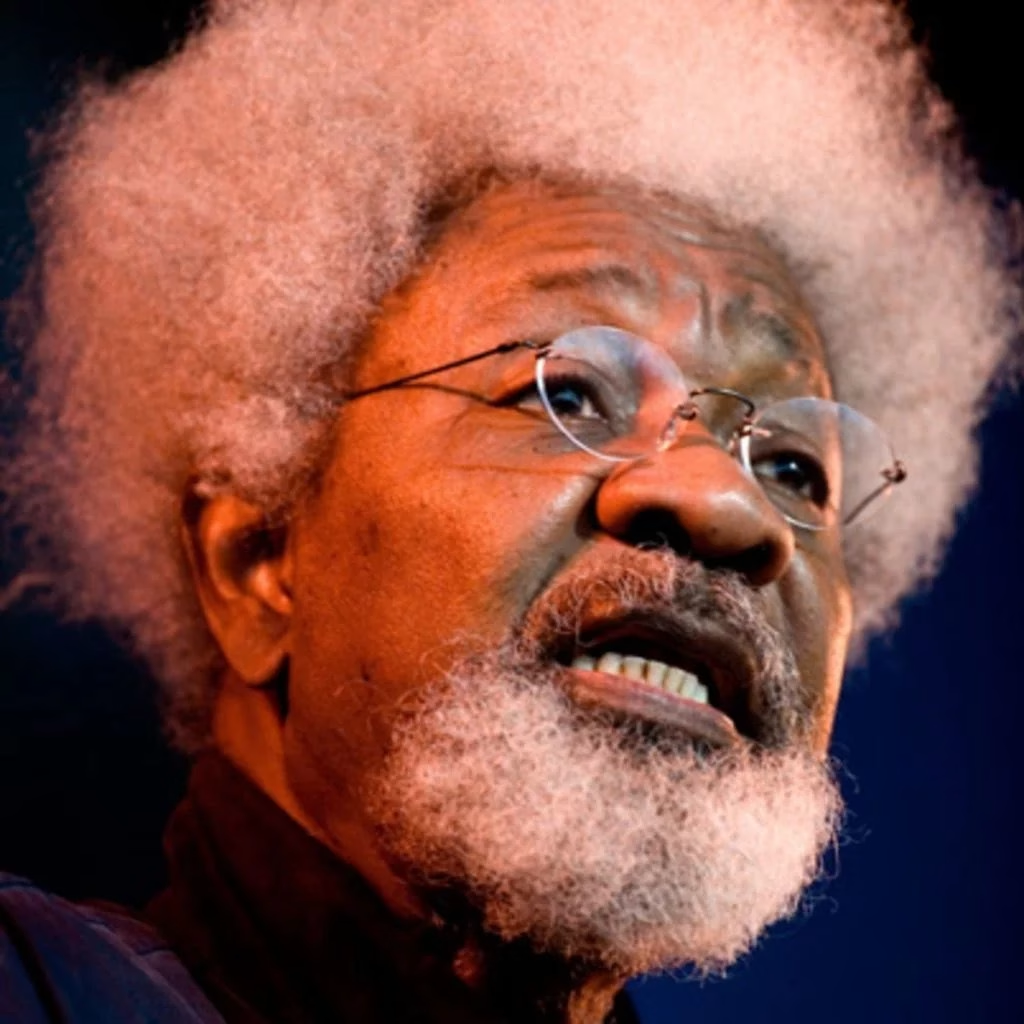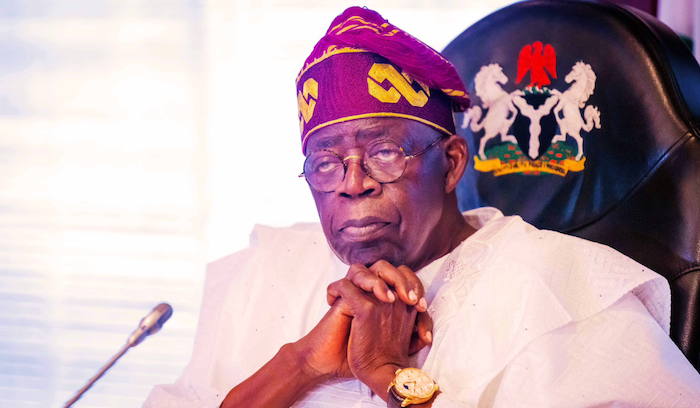By Ayo Oyoze Baje
Omniversity: Redefining professional competence with academic validation
Quote:
“This is not the end of the journey, but the beginning of a stronger *network of recognized professionals shaping the future of education, leadership, and enterprise across Africa and beyond*.
-Prof.Tokunbo Akeredolu-Ale ( President/Chairman BoT,Omniversity Missouri USA and Lagos Nigeria
It pays to drive one’s vision with unwarying intention, propelled by a firm purpose, passion and pragmatic partnerships, especially with those who share in it. It pays to make the desired difference in one’s chosen professional landscape with a different approach to the normally accepted narrative by a futuristic objective. Yes, indeed it pays to be pro- people,especially in the engagement to create an impact on the Human Development Index (HDI), more so built on the solid foundation of skills-piloted educational foundation. And that is better still with the larger picture of that same vision not just meant for the Nigerian nation, or the African continent but on the global spectrum .
Interestingly, that is exactly what the Prof. Tokunbo Akeredolu-Ale-led Omniversity Missouri USA and Lagos Nigeria has done by “taking another bold step in *redefining competence* through *practice-based qualifications, accreditation of prior learning, skill recognition, and ISO-aligned credentials* as tools for Africa’s educational and economic development”.
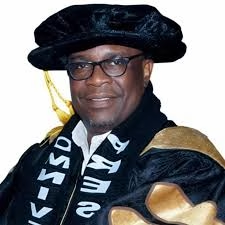
All these and more came to the limelight at the *African Education Innovation Workshop and ISO-Aligned Practice Qualifications Conferment 2025* held on December 12, 2025 at the Lagos Airport Hotel, Ikeja, Lagos. As he aptly reinforced in his Welcome Address at the Workshop it goes beyond mere rhetoric. It is a new way of doing things. While it might sound idealistic, it is innovative with a deep feeling of transformation beyond academic based theoretical knowledge.Admitted that well researched thesis are good for knowledge acquisition “but practice is better,” he emphasized. That rings true as Benjamin Franklin rightly noted:
“Tell me and I forget, teach me and I may remember, involve me and I learn.”
In fact, it has become a new framework to access the impact the acquired knowledge makes on humanity. From topnotch citadels such as Harvard,Yale to Kingston Universities, it has been discovered that is the missing link on bringing applicable knowledge to the doorstep of the beneficiaries. So, “it is not how much you know that matters as much as its practical demonstration.”
For instance, the increasingly impactful field of Artificial intelligence,AI is not about theories but the practical creation of systems and tools. Now is therefore, the best of times to take the bull by horn and bring them to the public sphere. That is better still in the evaluation of individuals through practice-based qualifications, accreditation of prior learning, skill recognition, and ISO-aligned credentials.
What it all attests to is that certificates issued by Omniversity to professionals are legal and valid for employment anywhere in Nigeria,, Africa and beyond.

The idea through Omniversity Missouri USA for the past one engaging year and that of Lagos over the past one and a half months,: through sacrificial, sleepless nights of toil is paying off with evidence- based practicality, as witnessed during the insightful workshop.
In a similar vein, this line of thought was echoed loud and clear in the Keynote Address by Nigeria’s first Professor of Practice, Prof.Francis Toromade. He emphasized that the game – changing role of Omniversity revolutionalising the nation’s workspace through APEL, CBE and SR which he strongly canvassed should be integrated into the national education framework.He highlighted the fact that Nigeria and the African continent are currently sitting on the massive treasure-not pf oil and gas or solid minerals -but on that of the people who are unfortunately under utilized.
Furthermore, speaking on both the importance and imperative of certification he touched on professions such as accountancy, banking, marketing and law whereby for full recognition to practise they have to sit for the professional examinations to become certified chartered accountants, bankers, and lawyers.That situation underscores the significance of the practical application of the theoretical knowledge acquired. As he stated, ” millions of Nigerians assume that they can do the job but few can prove it. “
On a plain yet brutal premix focus should therefore, shift to both relevant skills acquisition and its validation. And that is because skills are visible, verifiable and portable. That explains why if you remove the ‘s’ from ‘skill’ it becomes ‘kill’ and if the ‘k’ is taken away it becomes ‘ill’. Interesting, is it not? Of course, it is.
Worthy of note and as determined efforts would have it, Omniversity has formally secured *Corporate Membership and Practice License* of the Chartered Institute of Loan and Risk Management of Nigeria (CILRMN) — Nigeria’s federally chartered authority for loan and risk management practice. This achievement confers *national legitimacy, regulatory validation, and professional recognition on Omniversity.
In a similar vein, the wave-making university has acquired Corporate Membership of the Nigerian Institute of Training and Development ( NITAD ) which is Nigeria’s federally chartered authority for training, learning and professional development. The import of this is that this milestone confers national legitimacy, regulatory validation and recognition on the university. But that was not all.
Taking another giant step forward, it has received institutional approval from the Lagos state Ministry of Tertiary Education as a legally acknowledged provider of professional training, evaluation and certification programs within the state. This empowers it for training, capacity building and professional development initiatives. In fact, according to Ibidapo-Obe, a Director at the Ministry who represented the Permanent Secretary, the University performed excellently well all through the thorough verifications of its capacity to deliver on its vision and mission statements through the programs and was full of accolades for the institution.
In specific term she explained that with Nigeria’s youth population projected to escalate to 250 million by 2050, and having millions of them as graduates lacking the needed skills in the workplace space this
presents a challenge and an opportunity which Omniversity, buoyed with a futuristic mission is out to resolve. Ibidapo-Obe therefore, emphasized the need for integration of knowledge and skills, up-skilling and inclusivity for economic growth:
“Together let us break barriers, build bridges, and shape a future where Nigeria’s youth are not just educated, but also are empowered,” Mrs Ibidapo-Obe stated.
On his part, the former Director-General/CEO, NIMASA and Maritime Consultant, Dr Dakuku Peterside, explored the value of practice-based qualifications as a framework for advancing and validating maritime expertise in Nigeria, using a question-driven approach. This method was chosen for several reasons. As he explained,
questions are essential to learning, innovation, and effective communication—they spark curiosity, promote critical thinking, and open doors to deeper understanding. By asking questions, we can clarify uncertainties, address misconceptions, and steer conversations toward meaningful and productive outcomes.
For Dr. Peterside, who has over the years rejected several chieftaincy titles and honourary doctorate degrees from traditional and educational organizations respectively to have openly accepted the Fellowship from Omniversity speaks volumes about validity.
Amongst other awardees are HRH Oba Clement Olusegun Akinyemi (Ajana of Ijana Ota)
in the Category of Distinguished Fellowship while in the Category of Honorary Fellowship Awardees are, Dr. Dakuku Peterside, Archbishop Dr. Taiwo Akinola,
Ogunlade Adeleke Kehinde
Pst. (Mrs.) Janet Onaolapo, Ambassador Onuche Kingsley Itodo.and ten other distinguished Nigerians.
Furthermore, in the
*Category of Professor of Practice (Prof.Prac.) Awardees are Capt. (Dr.) Oladeji Folayan, Dr. Ibukunoluwa Jonathan Oremodu, DC (Dr.) Aliyu Abubakar Lucky, psc, Sfifs, ecrmi, Amb, PhD and Dr. Stephen Adetutu Oniya. Other awardees include Dr. Colin Udo Enim and Rev. (Dr.) Gabriel Oyedeji in the Category of : Doctor of Practice (D. Prac.)
All these practice-based demonstration of professional competence should serve as food – for – thought to the doubting Thomases still unable to understand Omniversity’s mission of bridging professional practice with academic validation.
It is another big kudos to Omniversity.

